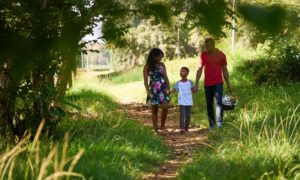As part of a larger effort to provide students with more successful educational experiences, this report offers suggestions to out-of-school-time staffers on how to enhance their programs for children.
Adolescents are best able to succeed in school when their out-of-school lives are spent positively and productively, researchers say. They added that even with a positive educational environment, there are several factors that can affect a child’s ability to learn. They may be physically or mentally health-related, involve family situations, or be as complex as undeveloped social skills.
To curb these tendencies, Child Trends compiled various research and rigorously evaluated programs to produce 10 feasible goals for improving students’ out-of-school lives, with the aim to provide an overall better in-school experience. The goals are to:
- Reduce unplanned pregnancies.
- Improve parental and postnatal maternal health.
- Improve parenting practices among parents of infants and young children.
- Improve young children’s nutrition and encourage breastfeeding.
- Enhance the quality and availability of educational childcare, preschool, pre-kindergarten and full-day kindergarten.
- Connect children and adolescents with long-term mentors.
- Improve parenting practices among parents of school-age children and teens.
- Provide family and couples counseling to improve family functioning.
- Provide high-quality educational after-school and summer programs.
- Develop positive social skills and reduce delinquency among adolescents.
These items are described by the authors as “actionable” and “feasible,” who said they can all be addressed via out-of-school-time programs that are already in place. Promoting educational attainment, they say, is not limited to the classroom.
Free, 13 pages. http://www.childtrends.org/Files/Child_Trends_2010_07_07-Ed_Achievement.pdf.






























